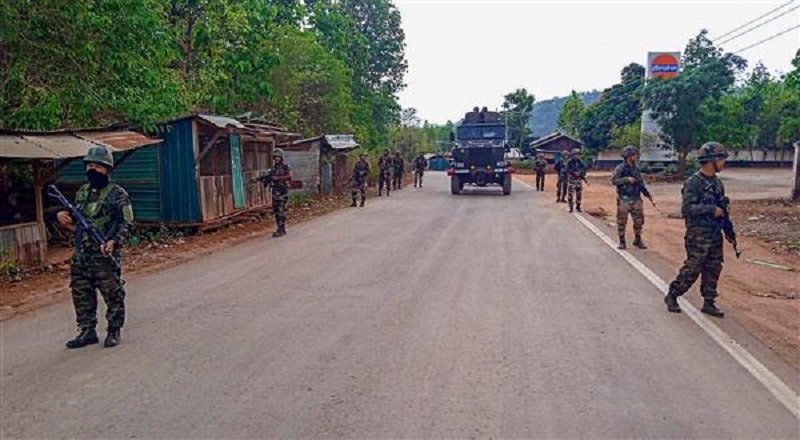All-party meeting late in the day, but essential

MANIPUR has been convulsed by ethnic clashes since May 3 and 50 days on, there are no signs of cessation of violence. The all-party meeting convened by Union Home Minister Amit Shah in New Delhi on June 24 is a significant move to find ways to break the deadlock. As it reaches out across the political spectrum, the Centre has a lot of answering to do on what took it so long to initiate the process. The Prime Minister’s silence on the issue has been repeatedly questioned by the Opposition. His likely absence at the meeting has drawn criticism. BJP’s own legislators from Manipur have highlighted the loss of public faith in the state government. There have been demands for a more concerted intervention, particularly after Shah’s four-day visit and parleys with both Meitei and Kuki leaders failed to calm tempers.Advertisement
The government’s 51-member peace committee tasked with talking to community leaders and redressing grievances has proved to be a non-starter. Bridging the divide and distrust needs fresh and urgent bipartisan efforts. The Congress’ reaction, that the all-party initiative is too little and too late, is on the expected lines. There is merit in its observation that efforts to bring the warring factions to the discussion table would be taken more seriously if the talks take place in Manipur. Be that as it may, the Opposition parties would do well to be active participants and use the opportunity to put forward informed inputs on the way forward.
The Centre would be aware that its presence and actions are yet to become effective in the troubled state. Any new step that is aimed at restoring peace needs to be supported. The onus is on the Central government to not reduce the all-party meeting to a symbolic exercise that yields little. Manipur is relying on concrete outcomes.
